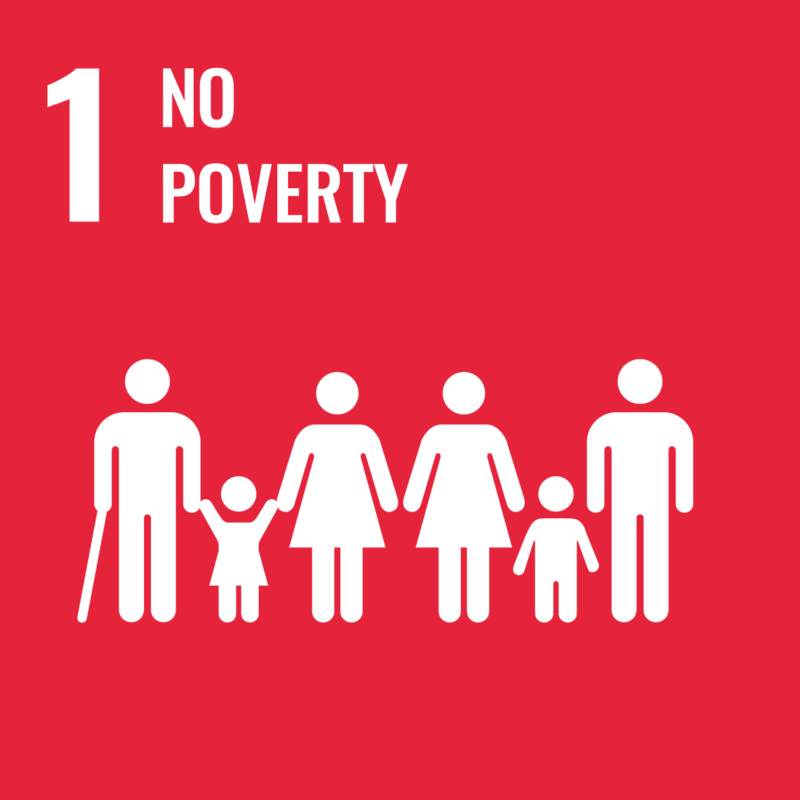Programs
Gender equality
Our programs tackle gender inequality and build more inclusive communities better able to tackle poverty and injustice.
Our work targets women, people with disabilities, ethnic minorities, and other disadvantaged groups to ensure the benefits of development are shared equally.
Tackling gender inequality and social exclusion
Gender inequality is a pervasive problem around the world. There is no country where women have achieved economic equality with men, and women are still more likely than men to live in poverty. Women face myriad challenges that start from a young age, including lack of access to education, lack of decent or secure work, low wages, the burden of unpaid domestic labour and caregiving, and vulnerability to gender-based violence.
However, women’s empowerment is an important vehicle for poverty eradication. Increasing women’s economic participation accelerates development and reduces inequalities. In our experience, women are more likely than men to spend any increased income in ways that benefit the whole family, such as on children’s education or savings. Our Gender Equality and Social Inclusion (GESI) program therefore targets women for training, employment, and leadership activities, giving women more control over household income and assets, and greater say in community decision-making.
The GESI program also targets ethnic minorities, people with disabilities, and youth, ensuring their voices are heard in community forums and development planning processes.
Relevance to the SDGs
This program contributes to the following Sustainable Development Goals (SDGs):
Fighting gender inequality in Africa
In Africa, we identify women as lead farmers in agriculture projects, promote women’s savings-and-loans groups, and target women as leaders in water and hygiene programs. Our scholarship programs in Tanzania and Zimbabwe target women and girls at risk of dropping out of school and marrying too young.
We also work with indigenous Maasai communities who are facing increased competition over resources and are struggling to maintain their traditional grazing practices.
Girls’ scholarships in Zimbabwe
Women empowerment programs in Asia
In Vietnam, our community-based tourism project targets ethnic minority groups, especially women, and helps them establish sustainable tourism industries. Our micro-finance program also empowers women, who are less likely to be able to obtain finance from state banks, to start their own enterprises.
In Cambodia, we work with women and girls at risk of gender-based violence and human trafficking. By establishing savings-and-loans groups, supporting girls’ vocational education, and helping women start small businesses, we help them become self-sufficient and therefore less vulnerable to harm. We also support women’s shelters for survivors of domestic violence, sexual abuse, and human trafficking.
Backing women’s entrepreneurship
Women empowerment programs in the Pacific
Gender equality and social inclusion are key components of our work in the Pacific. By increasing the participation of women, youth, and people with disabilities in village leadership structures, our programs help marginalised groups advocate for their own needs and guide inclusive development agendas. In Timor-Leste, we help women and girls who have experienced gender-based violence by supporting safe houses and linking survivors with vocational training and business opportunities.
Overcoming gender-based violence and poverty
Partner with us on gender equality programs
Support our gender equality programs
Donate now to increase gender equality and social inclusion in vulnerable communities.



